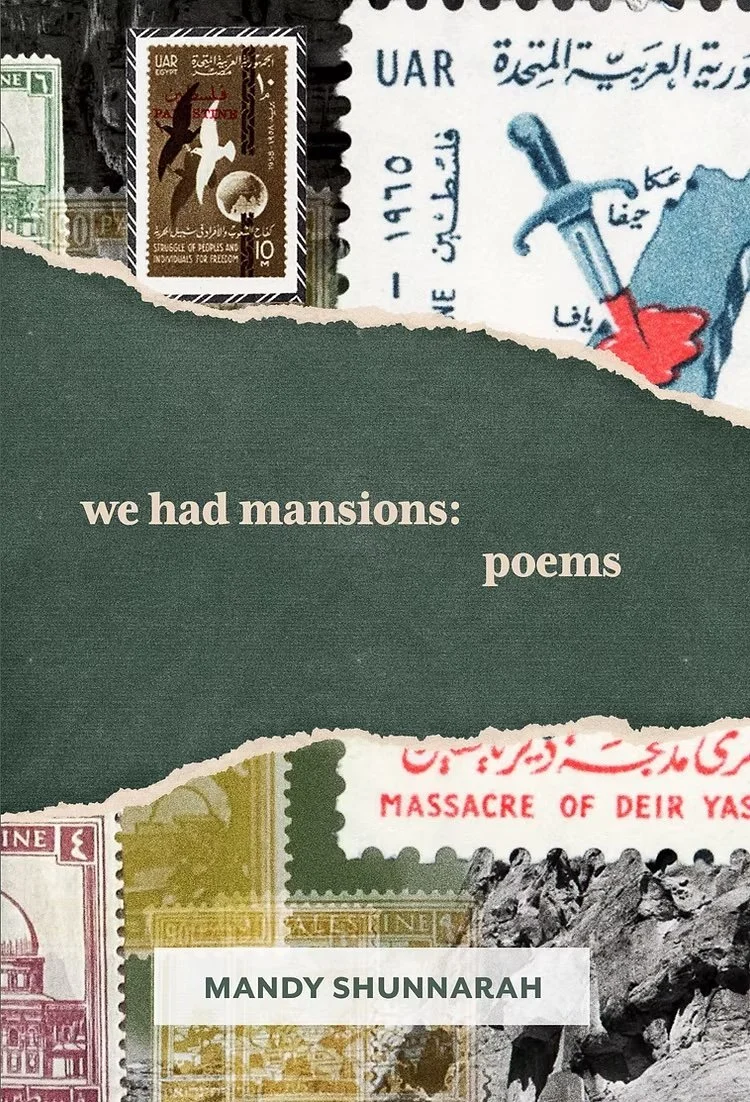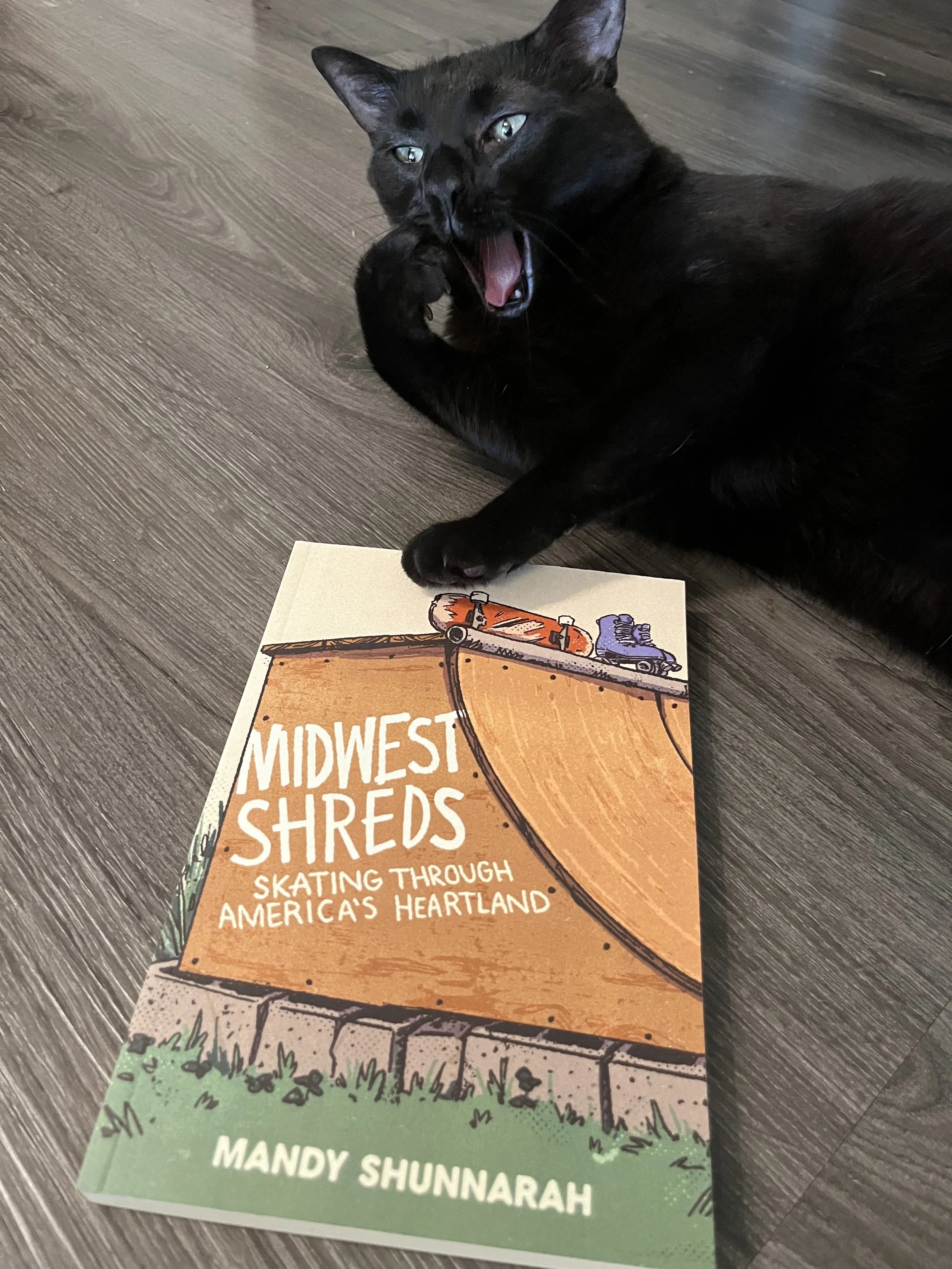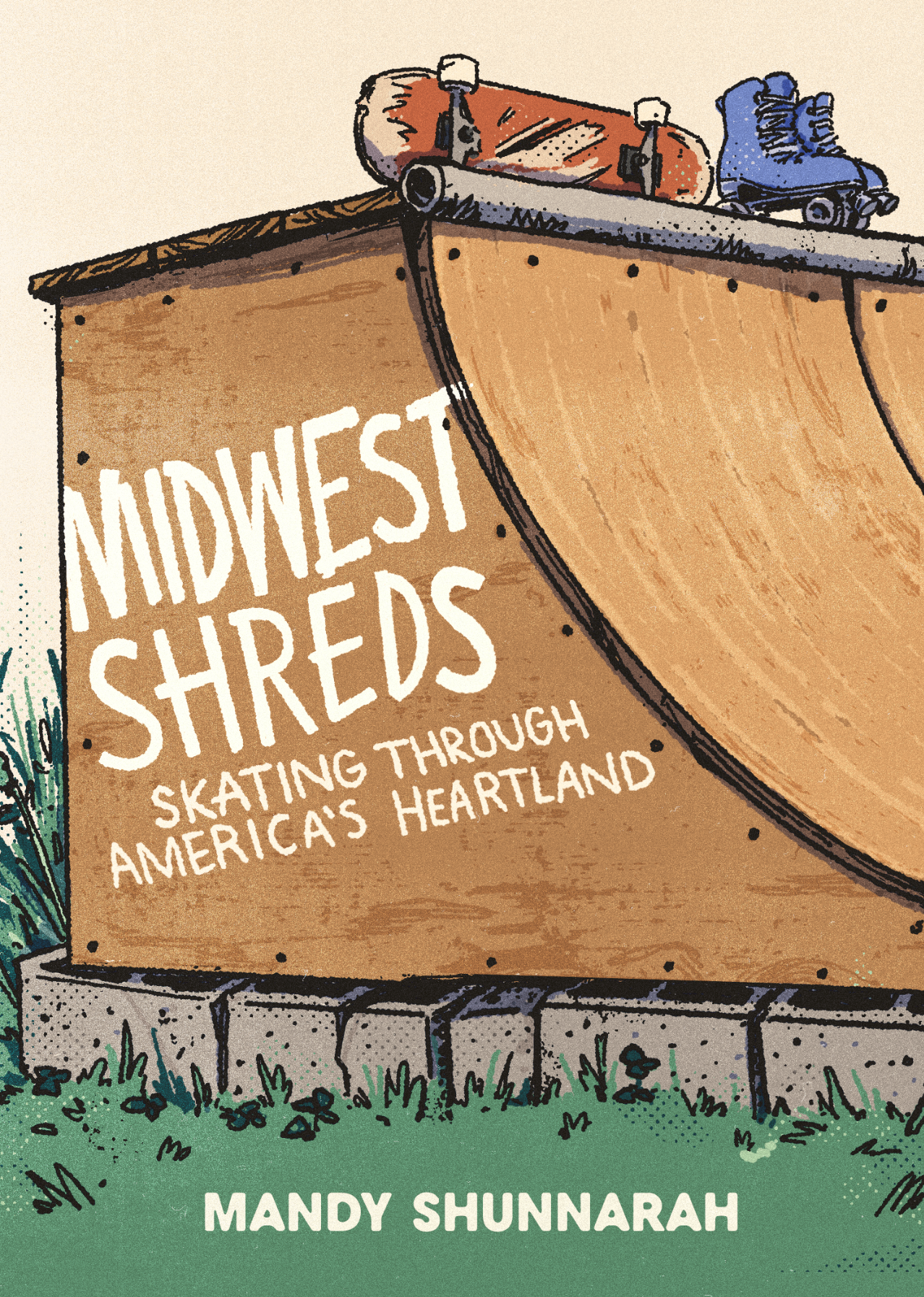Why EVERY Writer Needs a Writing Critique Group
Having a writing critique group is a lot like taking a typewriter apart. They look at your writing, examine its individual pieces and tell you what's missing, what needs to be removed, and how to put it back together as a better whole.
There's this nasty stereotype that writers have to shut themselves up in their houses, shunning all human connection that isn't strictly necessary. As "romantic" as that might sound to some, and while it's true that writing does require solitude, that stereotype is a crock. Humans are social animals and, despite what cartoon notions of writing tell us, writers are better together.
I've had critique groups at various points in my adult life, mostly in college when I was minoring in creative writing. But then our critique groups weren't chosen by who works best together---it was who just so happened to be signed up for that fiction workshop class. Outside of college, critique groups were hard to come by.
I found niche groups, like a pretty big one especially for romance novelists, but I have a variety of interests so I didn't want to pigeonhole myself. I have three novels-in-progress, of which I vowed to abandon the one nearest completion, but after this blog post I received several entreaties from people who expressed interest in reading it.
Not long before I moved from Birmingham, AL to Columbus, OH, I felt pulled more toward creative nonfiction. After all, I had 10 years of diary keeping and 175 freelance journalism articles under my belt, so I've been a creative nonfiction writer for most of my life and didn't realize it.
As luck would have it, on one of my first outings in Columbus I met the leader of a creative nonfiction writing critique group. I was nervous about going to a meeting at first. I assumed everyone would have far more writing experience than me, that I wouldn't have anything to contribute, that people would hate my writing, that my writing would be so bad I'd be kicked out, or any number of irrational excuses. I almost bailed on the whole idea.
But now I'm glad I didn't. Even though I've only been to two meetings (the group meets once a month), I've grown from the experience in invaluable ways. The most valuable insight is that they see things you don't. You can get so far in the weeds that you fail to consider even the most simple and obvious outside perspectives. They see any holes in your logic, gaps in your story, and tell you what's working and what isn't. Critique groups are priceless.
Well, they are if you have the right group. It helps if you have more in common than signing up for a class during a particular semester, like with the groups I had in college.
Consider what binds you. Is it a love of a particular genre? A common desire to get published in a certain way, such as self-publishing or literary magazines? A love of a particular format, such as novels, short stories, or essays? Or is it merely that you're ready for some brutal honesty and you want a group that knows how to dish it to you?
No matter what kind of writer you are, and regardless of what you're writing, you need a critique group. I asked the group to critique one of my pieces at the first meeting I attended and they gave me immensely valuable feedback. I implemented their edits and within three weeks of submitting the piece, I got an acceptance to an international literary magazine (more on that to come!). With the collective experience of a good critique group, they can see the potential in your tarnished silver writing and polish it to make it shine.
If you're looking to find a group, I suggest Meetup.com or your local library. Both will have resources on groups meeting in your area. If you can't find any or don't quite like the ones you find, start one! Trust me, it's worth it.

















